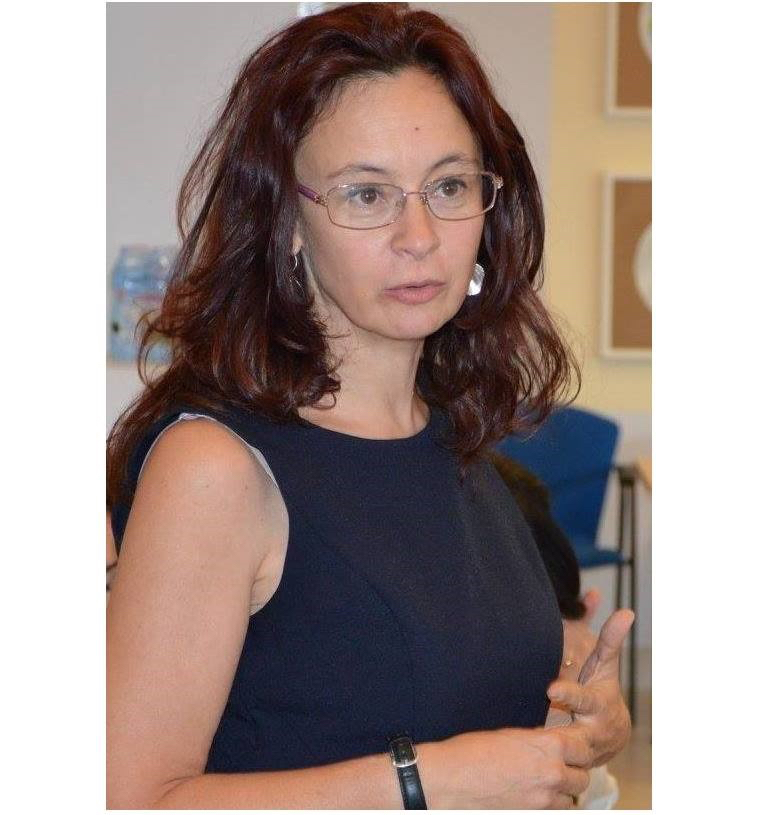Thanks to funding from the European Commission, Sara Gandini will work to find scientific evidence supporting solutions for a safe school reopening within the covid-19 pandemic

As part of an international consortium coordinated by EuResist Network and involving 18 partners from 10 different countries (Belgium, Germany, Georgia, Israel, Italy, Lithuania, Netherlands, Portugal, Sweden, United Kingdom), Sara Gandini, group leader at DEO, has been shortlisted to be funded by the European Commission in the frame of the research aimed at fighting coronavirus and its variants, in the context of the EuCARE project, “European Cohorts of Patients and Schools to Advance Response to Epidemics”.
The project’s goal is to find robust, data driven evidence to deal with SARS-CoV-2 variants and COVID-19 epidemics focusing on hospital patients, vaccinated healthcare workers and schools. In particular, it aims at finding solutions to safely support school reopening within the covid-19 pandemic on the basis of scientific evidence, considering the establishment of the best surveillance systems to assess prevalence and emergence of covid-19 clusters in schools; the best preventive measures to be adopted in schools in relation to the new SARS-CoV2 variants; the role played by the increased mobility associated with school opening on the dissemination of covid-19 infection within the society; as well as the psychological and learning damages associated to school closure.
Indeed, since the beginning of the pandemic one of the first measures adopted by governments of different European countries has been the closure of schools, generating a debate within the society, mainly over the effects of such closures on children learning loss and psychological health. The emergence of new variants renewed people's fear, leading to new school closures in Europe and the UK.
However, a number of scientific works, including a study from Sara Gandini et al., which was recently published, conducted on 7976 public schools in Italy, showed that, when appropriate mitigation measures are implemented, covid-19 cases are lower in schools than in the general population and school opening was not related to the second covid-19 wave in Italy. On the other hand, some models show a relevant effect of school closure/reopening on infection transmission, also based on the impact on people's mobility.
In the context of the EuCARE project, by considering children and teachers of 74 schools -spanning from kindergarten to higher secondary grade- from four different countries (Italy, Mexico, Germany, Portugal), the main goals of the project carried out by Sara Gandini include the evaluation of the efficacy of surveillance measures -such as different contact tracing protocols (tracing going back to two weeks or just 48 hours) or the Lolli method (a child-friendly, simple, PCR-based method for testing for coronavirus)- in controlling covid-19 clusters; comparing the different measures adopted in different schools to face the emergence of the new variants; the differences in covid-19 incidence considering socio-economic status and mobility issues; as well as potential psychological problems associated with the use of saliva test, different preventive measures and distant learning, taking into account the socio-economic status and the household composition.
Congratulations and good luck!